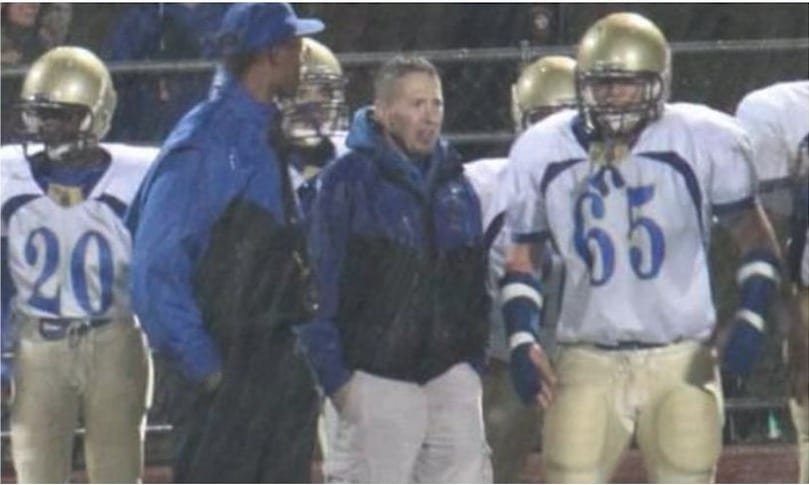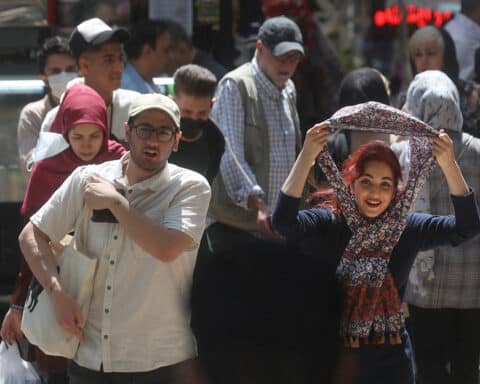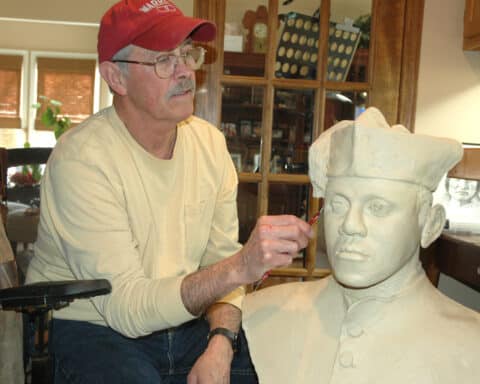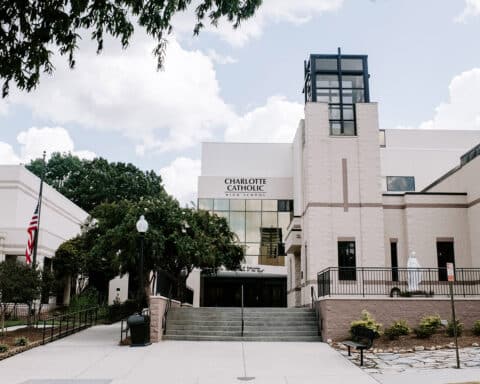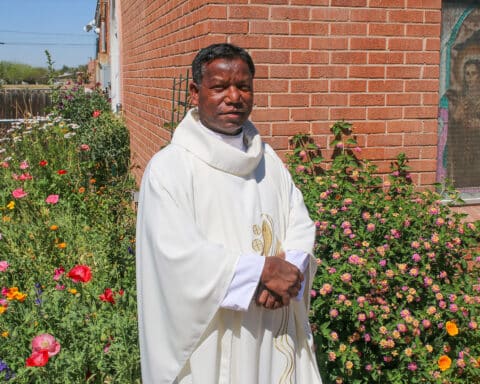The Supreme Court’s decision to overturn Roe v. Wade has made history, and we should celebrate. Decades of prayer and advocacy was a small price to pay in defense of the unborn and the restoration of an understanding of the Constitution consistent with the original intent of the founders.
But there is more good news to be celebrated from a case that didn’t get nearly the attention. The same originalist understanding that found no constitutional right to an abortion guided the court in a First Amendment case decided just a few days later. Kennedy v. Bremerton School District affirmed a public high school football coach’s right to pray after games. In so doing, the court clarified the scope of constitutional protections for religious believers in an increasingly secular America.
Coach Joseph Kennedy became an assistant football coach at Bremerton High School in Bremerton, Washington, in 2008. He is a devout Christian and felt compelled to “give thanks through prayer” at the end of each game. For seven seasons, Kennedy knelt down on the 50-yard line and said a short, private prayer after games. Sometimes Bremerton athletes prayed alongside Kennedy. There were occasions when athletes from the opposing team joined. This former U.S. Marine’s response to players who asked to join him was simple: “It’s a free country.”
After a game in the fall of 2015, a school administrator from the opposing team complimented the Bremerton principal for permitting Kennedy to pray. The school district swiftly responded to the compliment by trying to put an end to Kennedy’s practice. The school officials thought (mistakenly) that allowing Kennedy to continue would be construed as their “endorsement” and a violation of the First Amendment’s Establishment Clause. So they ruled that “demonstrative religious activity, readily observable to (if not intended to be observed by) students and the attending public” was now banned. They offered Kennedy an “accommodation.” He could pray after games in a “private location within the school building, athletic facility or press box.” After he understandably refused, he was put on administrative leave, received a poor performance review and was not offered a contract to coach the following season.
So much for the idea of living in a “free country.”
To his credit, and our benefit, Kennedy didn’t walk away from his faith or the kids on the Bremerton High School football team. He sued Bremerton, alleging a violation of his constitutional rights to free speech and the free exercise of religion. And, before the nation’s highest court, he won.
“Respect for religious expressions is indispensable to life in a free and diverse republic — whether those expressions take place in a sanctuary or on a field, and whether they manifest through the spoken word or a bowed head,” wrote Justice Neil Gorsuch for the court’s 6-3 majority.
The court explained that the Free Exercise and Free Speech Clauses of the First Amendment work in tandem. “Where the Free Exercise Clause protects religious exercise, whether communicative or not, the Free Speech Clause provides overlapping protection for expressive religious activities,” Gorsuch wrote. The double protection offered to religious expression was a “natural outgrowth of the framers’ distrust of government attempts to regulate religion and suppress dissent.”
Bremerton admitted that it sought to muzzle Kennedy because of the religious character of his expression and argued that it could do so because he was still acting as a school employee. The argument did not hold water. “During the postgame period when these prayers occurred, coaches were free to attend briefly to personal matters — everything from checking sports scores on their phones to greeting friends and family in the stands,” Gorsuch wrote.
The court also firmly rejected the school district’s claim that Kennedy’s rights to religious exercise and free speech must yield to the district’s interest in avoiding what it claimed was an Establishment Clause violation. According to Gorsuch, “a natural reading” of the First Amendment suggests that the Establishment Clause, the Free Exercise Clause and the Free Speech Clause “have ‘complementary’ purposes, not warring ones where one Clause is always sure to prevail over the others.” He added that an Establishment Clause violation does not “automatically follow whenever a public school or other government entity ‘fails to censor’ private religious speech.”
Justice Sonia Sotomayor, joined by Justices Stephen Breyer and Elena Kagan, wrote a dissenting opinion asserting that the majority decision “does a disservice to schools and the young citizens they serve, as well as to our nation’s longstanding commitment to the separation of church and state.” In response, Gorsuch said this implied that “the only acceptable government role models for students are those who eschew any visible religious expression.” Adopting such a rule, he noted, “would be a sure sign that our Establishment Clause jurisprudence had gone off the rails.”
We are certainly at a crossroads when it comes to the role of religion in America. The court’s decision is an important reminder that our country has a rich history of religious freedom and that our Constitution prevents any attempt — whether willful or merely misguided — to suppress it.
Andrea Picciotti-Bayer is director of the Conscience Project.

